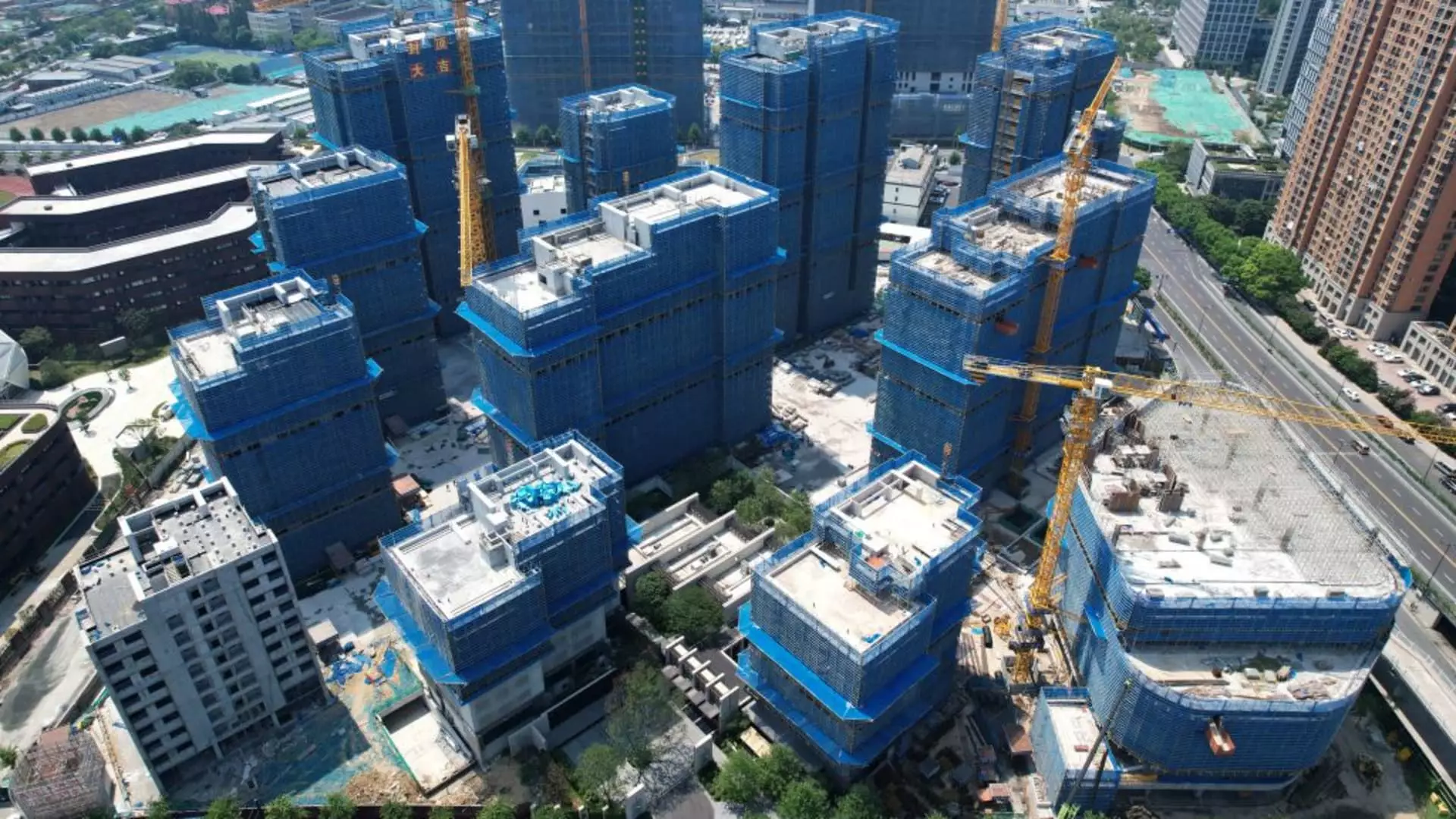China’s property sector struggles and U.S. sanctions have had significant impacts on various cities across the country. The Milken Institute’s best performing cities China index has been studying China’s large- and mid-sized cities since 2015, analyzing their economic vibrancy and growth prospects. Hangzhou, the capital of the eastern Zhejiang province and home to tech giants like Alibaba, emerged as the front runner in this year’s rankings.
However, not all cities have experienced the same level of success. Zhuhai, once considered a “rising star,” plummeted in the rankings due to the downturn in the real estate sector. Builders faced financial constraints, leading to a drastic drop in Zhuhai’s position on the index. On the other hand, Dongguan, known as the city of factories and home to Huawei’s sprawling campus, was hit by U.S. sanctions, resulting in a decline in its ranking as well.
While Shenzhen saw a rise in its rankings, the city still lagged behind Beijing due to the impact of U.S. sanctions on Chinese companies. Many of the blacklisted companies were based in Shenzhen and Beijing, affecting their overall performance on the index. Despite their strong economic potential, both cities faced challenges in light of the geopolitical tensions and trade restrictions imposed by the U.S.
Despite the setbacks faced by cities like Zhuhai and Zhengzhou, there is still optimism about their future growth potential. Zhuhai, renowned for its service and production capabilities in biotech, has a promising future beyond the real estate sector. Similarly, Zhengzhou, home to iPhone manufacturer Foxconn, has the opportunity to bounce back and regain its position on the index with strategic planning and economic reforms.
Cities like Wuhan and Hefei have demonstrated remarkable resilience in the face of economic challenges. Wuhan’s efforts to keep factories operational during the pandemic propelled its rise in the rankings, showcasing the city’s ability to adapt and recover swiftly. On the other hand, Hefei received government support for technological development, positioning it as a key player in China’s innovation landscape.
Hangzhou’s success as a hub for e-commerce, manufacturing, and finance can be attributed to its strategic positioning and focus on key industries. Despite its achievements, replicating Hangzhou’s success may prove challenging due to the dominance of the local property sector, which has driven up living costs in the city. As China continues to navigate through economic challenges and external pressures, the resilience and adaptability of its cities will be vital in securing sustainable growth and development.

